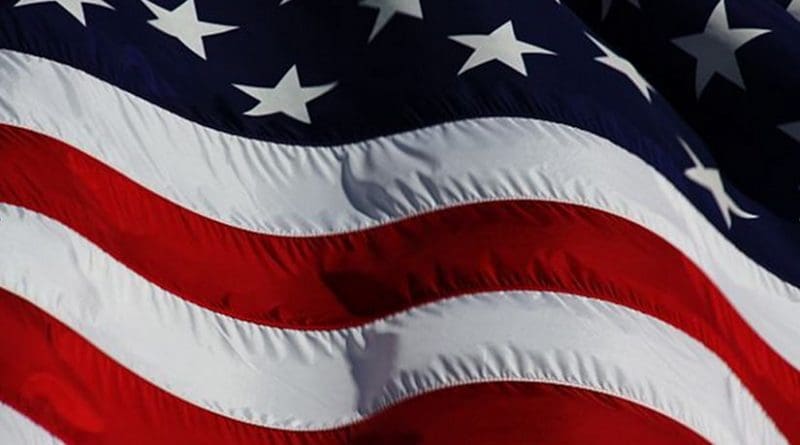US Court Suspends Trump’s Executive Order Barring Refugees
By RFE RL
(RFE/RL) — A U.S. court late on February 3 temporarily blocked U.S. President Donald Trump’s week-old executive order barring refugees and visitors from seven predominantly Muslim countries from entering the United States.
The Seattle court order, which is effective for as long as the court is deciding the case, presented a major challenge to the White House.
Within hours of the ruling, presidential press secretary Sean Spicer said Trump’s order was “lawful and appropriate” and the U.S. Justice Department would seek to stop the court decision from taking effect through an appeal.
“The president’s order is intended to protect the homeland and he has the constitutional authority and responsibility to protect the American people,” Spicer said.
But Judge James Robart, who was appointed to the Seattle court by former President George W. Bush, made his ruling effective immediately, suggesting that travel restrictions could be lifted straight away.
The U.S. Customs and Border Protection Service within hours moved toward complying with the court ruling by telling airlnes they can board travelers previously barred by the travel ban.
“It’s a wonderful day for the rule of law in this country,” said Noah Purcell, the attorney for the state of Washington who had asked the court to intervene, arguing that Trump’s order hurt U.S. residents and effectively mandated discrimination.
“The constitution prevailed today,” said Washington state Attorney General Bob Ferguson. “No one is above the law — not even the president.”
Trump justified his January 27 order on national security grounds, but opponents say it is unconstitutional in targeting peoples’ religious beliefs.
The U.S. State Department said earlier on February 3 that fewer than 60,000 visas previously issued to citizens of Iran, Iraq, Libya, Somalia, Sudan, Syria, and Yemen had been invalidated by the order.
Also on February 3, the Department of Homeland Security said it has no plans to extend the order beyond the seven predominantly Muslim countries already targeted.

